QuickSwap 101: What You Need to Know About this Revolutionary DEX

- Since its launch, QuickSwap has gained popularity in the DeFi community due to its fast transaction processing times and low fees.
- QuickSwap’s token is called QUICK, which serves as the native governance token of the platform
QuickSwap is a decentralized exchange (DEX) built on the Polygon blockchain that allows users to trade cryptocurrencies and tokens in a permissionless and trustless manner. It was launched in May 2020.
QuickSwap was created in response to the growing demand for decentralized exchanges on the Polygon network, which has been facing issues such as high gas fees and slow transaction processing times. QuickSwap aims to address these issues by using layer 2 scaling technology provided by the Polygon network, which allows for faster and cheaper transactions.
QuickSwap’s token is called QUICK, which serves as the native governance token of the platform. Holders of QUICK have the ability to participate in platform governance decisions such as fee adjustments and other protocol changes.
Since its launch, QuickSwap has gained popularity in the decentralized finance (DeFi) community due to its fast transaction processing times, low fees, and wide range of cryptocurrency and token trading pairs. QuickSwap has also continued to develop new features and integrations, such as the addition of liquidity incentives and partnerships with other DeFi projects.
QuickSwap vs. Uniswap
QuickSwap and Uniswap are both decentralized exchanges (DEX) built on blockchains. However, QuickSwap is a fork of Uniswap V2 and uses layer 2 scaling technology provided by the Polygon network to offer faster transaction processing times and lower fees. In contrast, Uniswap is a standalone protocol that has recently launched its own version 3 which features concentrated liquidity and lower slippage.
While both platforms offer a wide range of cryptocurrency and token trading pairs, QuickSwap’s integration with Polygon allows for a more efficient user experience, making it a popular choice among users seeking faster and cheaper transactions.
QuickSwap is a decentralized exchange (DEX) built on the Ethereum blockchain that allows users to trade cryptocurrencies and tokens in a permissionless and trustless manner.
Here’s how works:
- Liquidity Providers: QuickSwap relies on liquidity providers to create trading pairs on the platform. These liquidity providers can deposit cryptocurrencies and tokens into QuickSwap’s liquidity pools and earn a share of the transaction fees generated by trades.
- Trading: Once liquidity is provided, users can trade cryptocurrencies and tokens on QuickSwap using the platform’s intuitive interface. When a trade is executed, QuickSwap uses an automated market maker (AMM) algorithm to determine the price of the asset being traded based on the available liquidity in the pool.
- Transaction Fees: QuickSwap charges a small fee for every trade executed on the platform, which is paid to liquidity providers as a reward for their participation in the platform.
- Governance: QuickSwap’s native token, QUICK, serves as the platform’s governance token. Holders of QUICK have the ability to participate in platform governance decisions such as fee adjustments and other protocol changes.
- Layer 2 Scaling: QuickSwap uses layer 2 scaling technology provided by the Polygon network to allow for faster and cheaper transactions on the Ethereum blockchain. This allows for a more efficient user experience compared to other decentralized exchanges on the Ethereum network.
The future of decentralized exchanges
The future of decentralized exchanges (DEXs) looks promising as they continue to gain popularity in the cryptocurrency space. With the increasing adoption of blockchain technology, DEXs offer a secure, transparent, and efficient way for users to trade cryptocurrencies without the need for intermediaries.
The development of layer 2 scaling solutions, such as those used by QuickSwap and other DEXs, will enable faster and cheaper transactions on the Ethereum network, making them more accessible to users. Additionally, the growth of decentralized finance (DeFi) applications will continue to drive demand for DEXs, which will likely lead to increased innovation and development in the space.
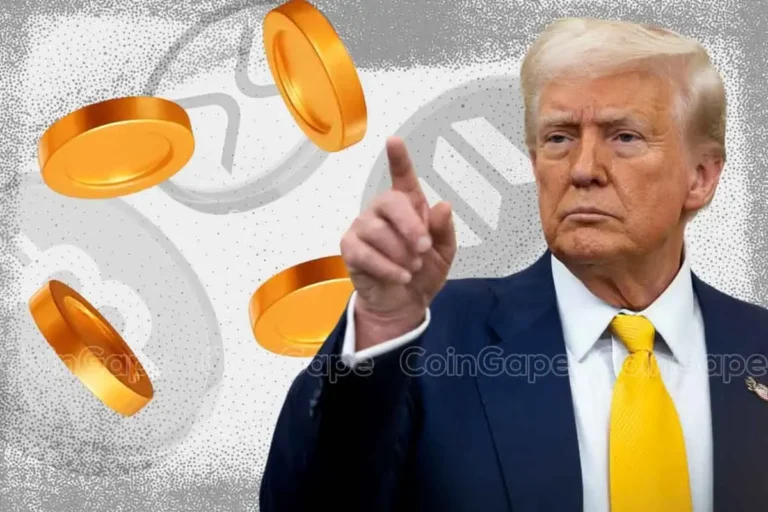
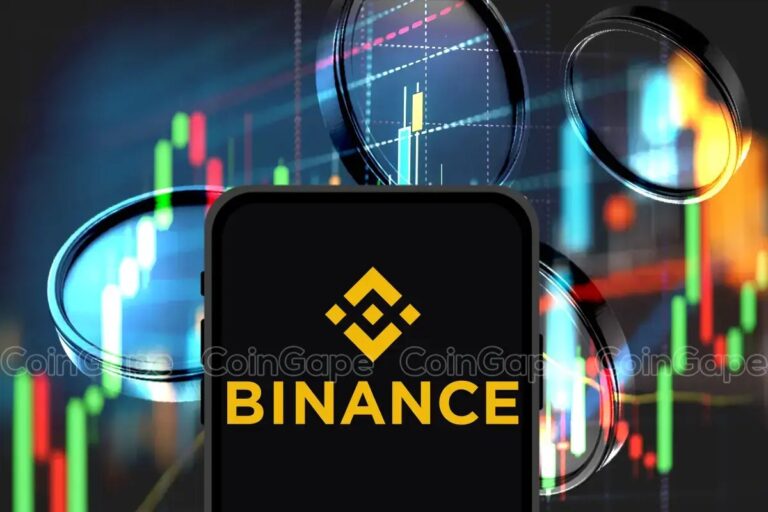
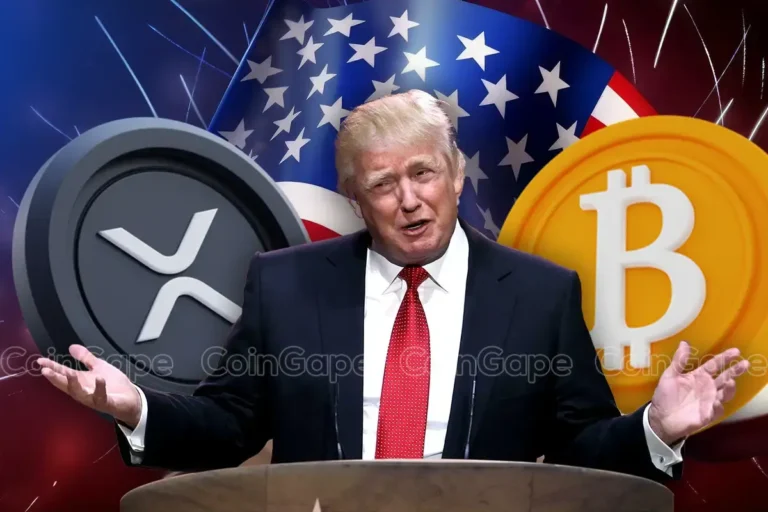
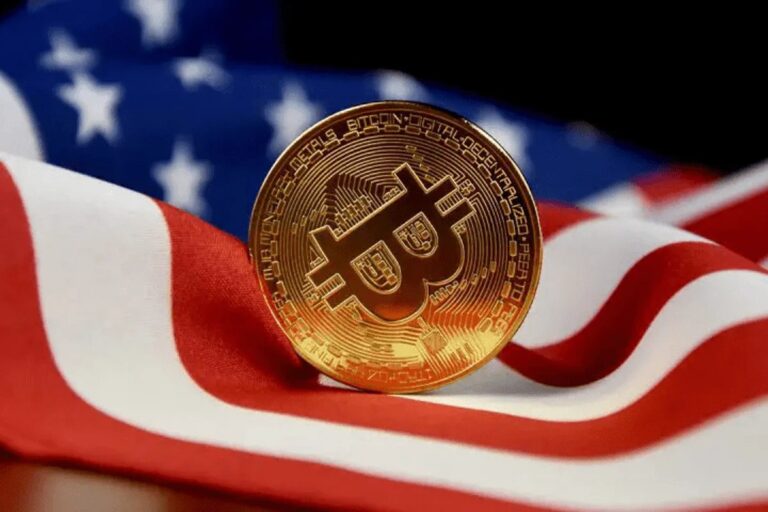



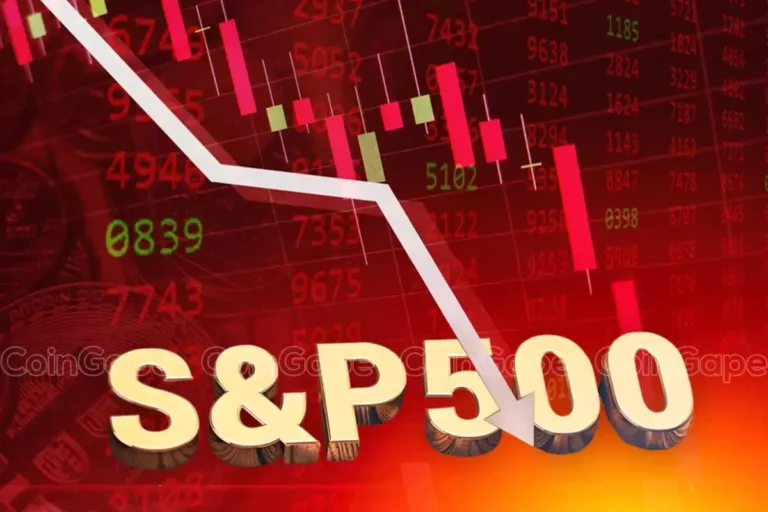
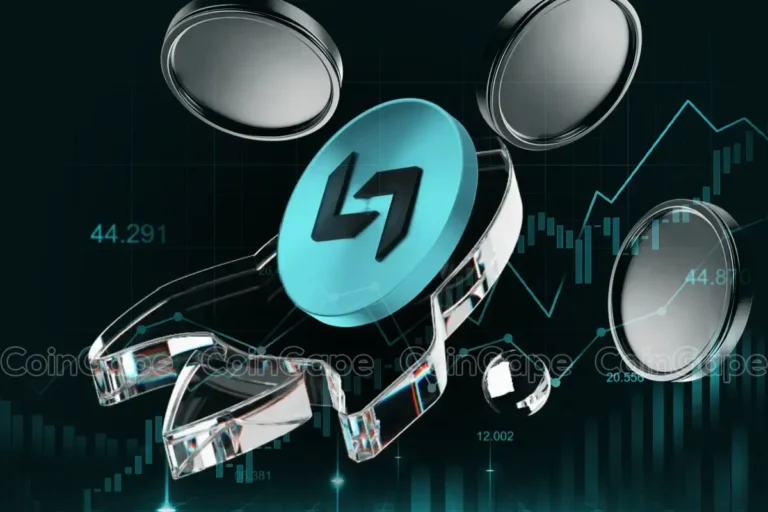
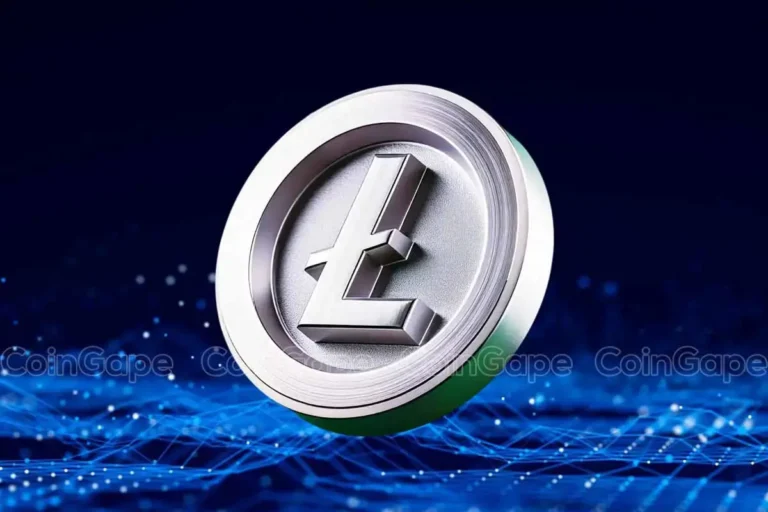






+ There are no comments
Add yours